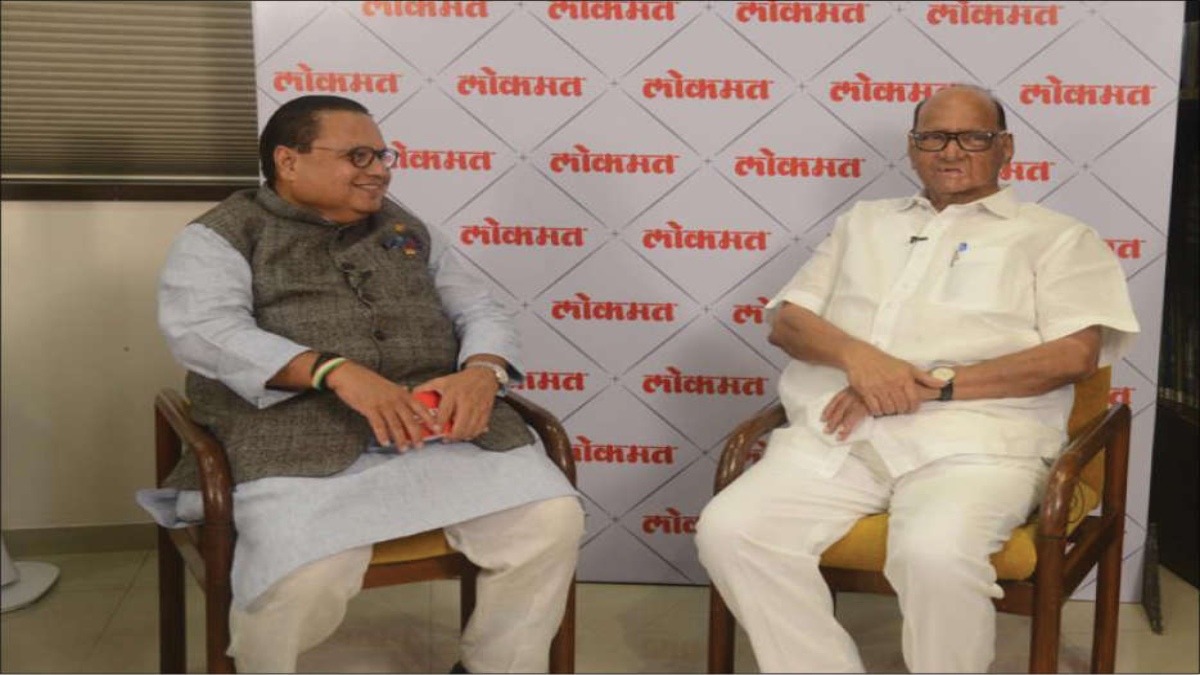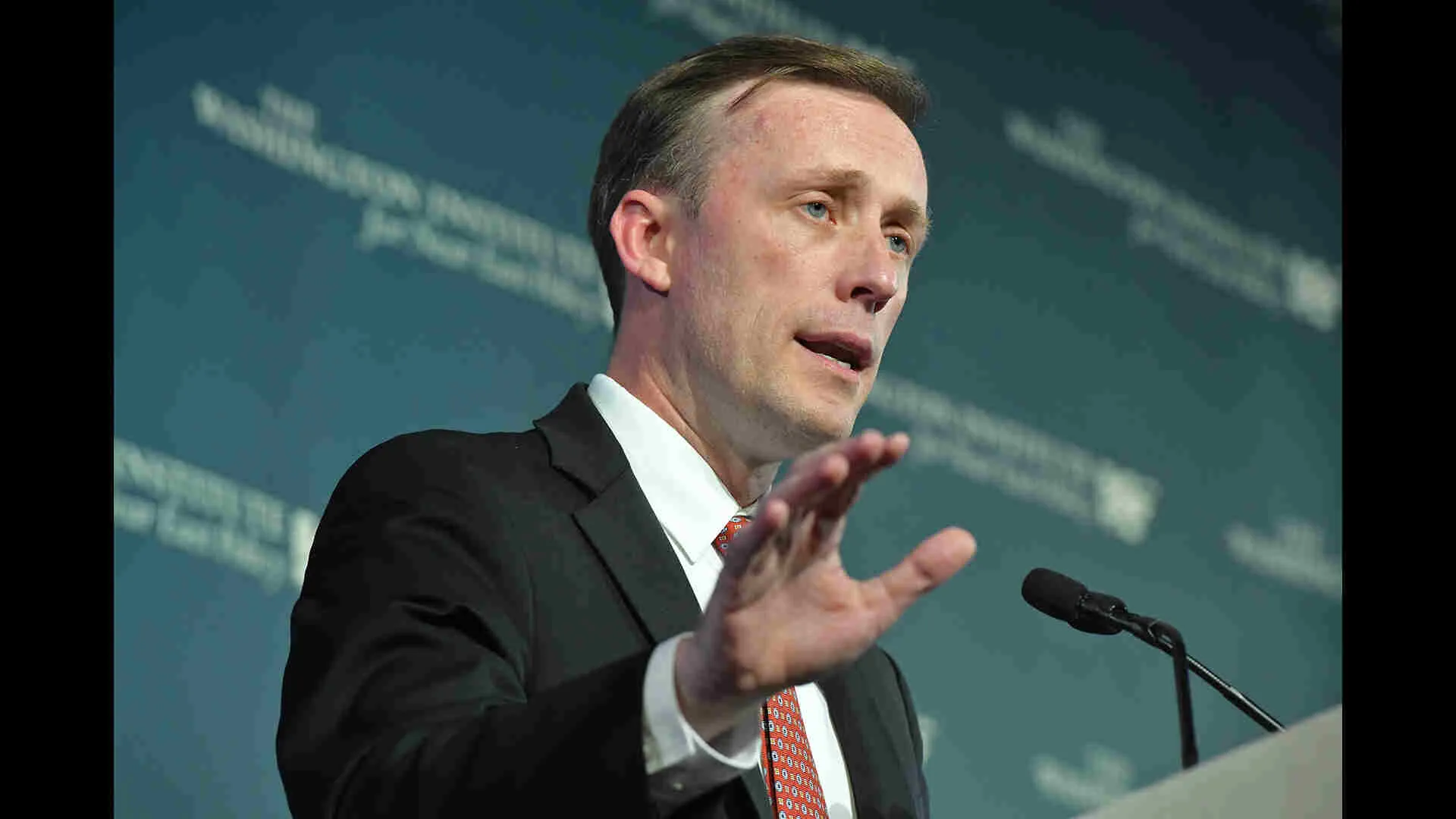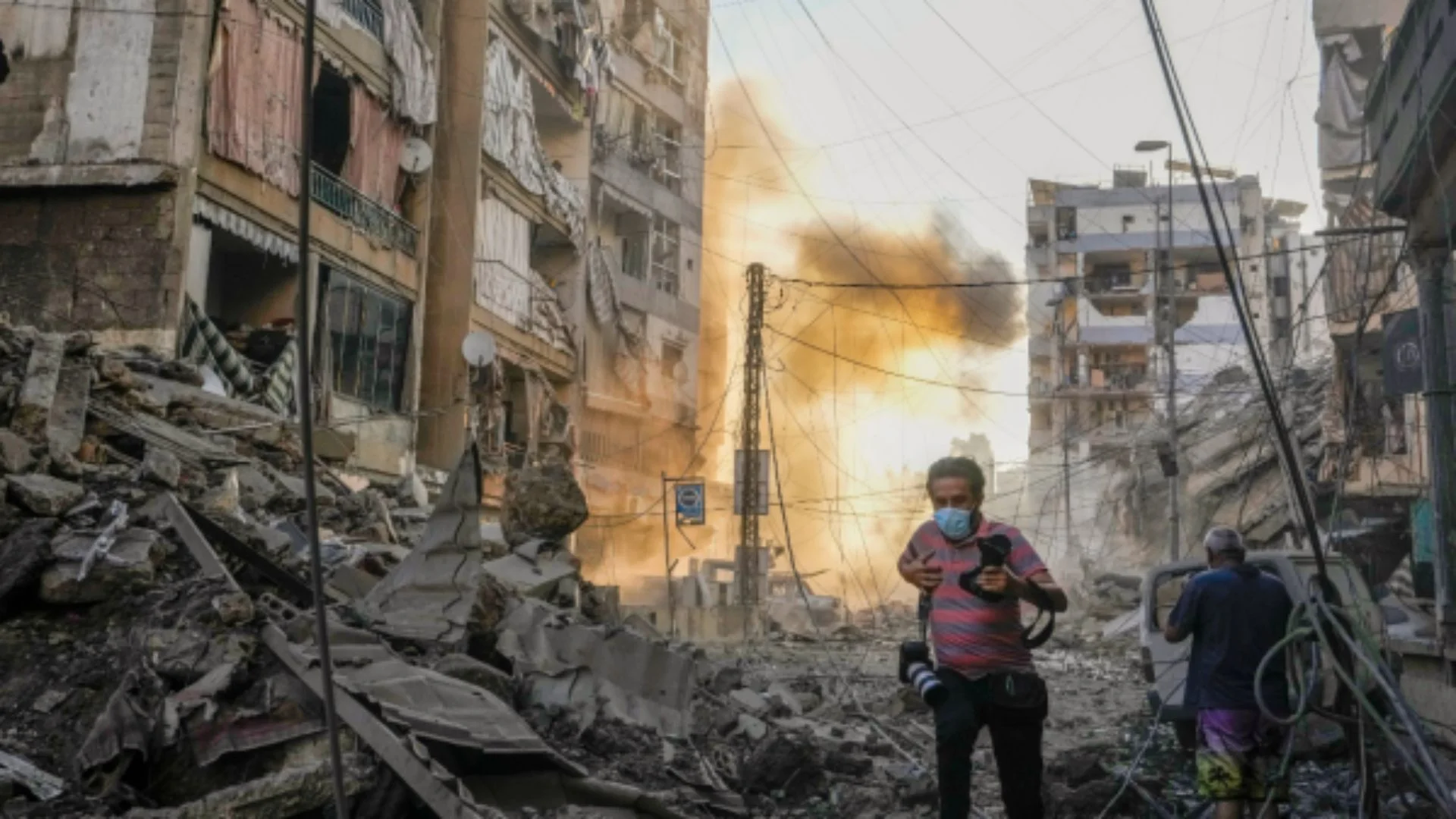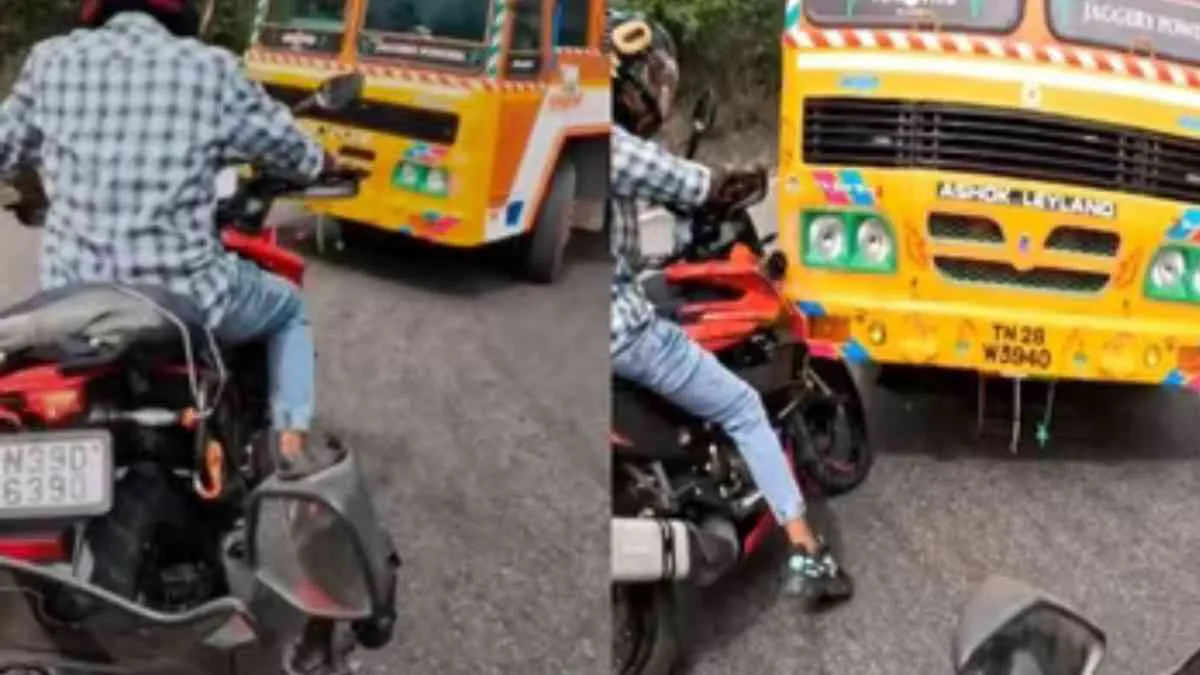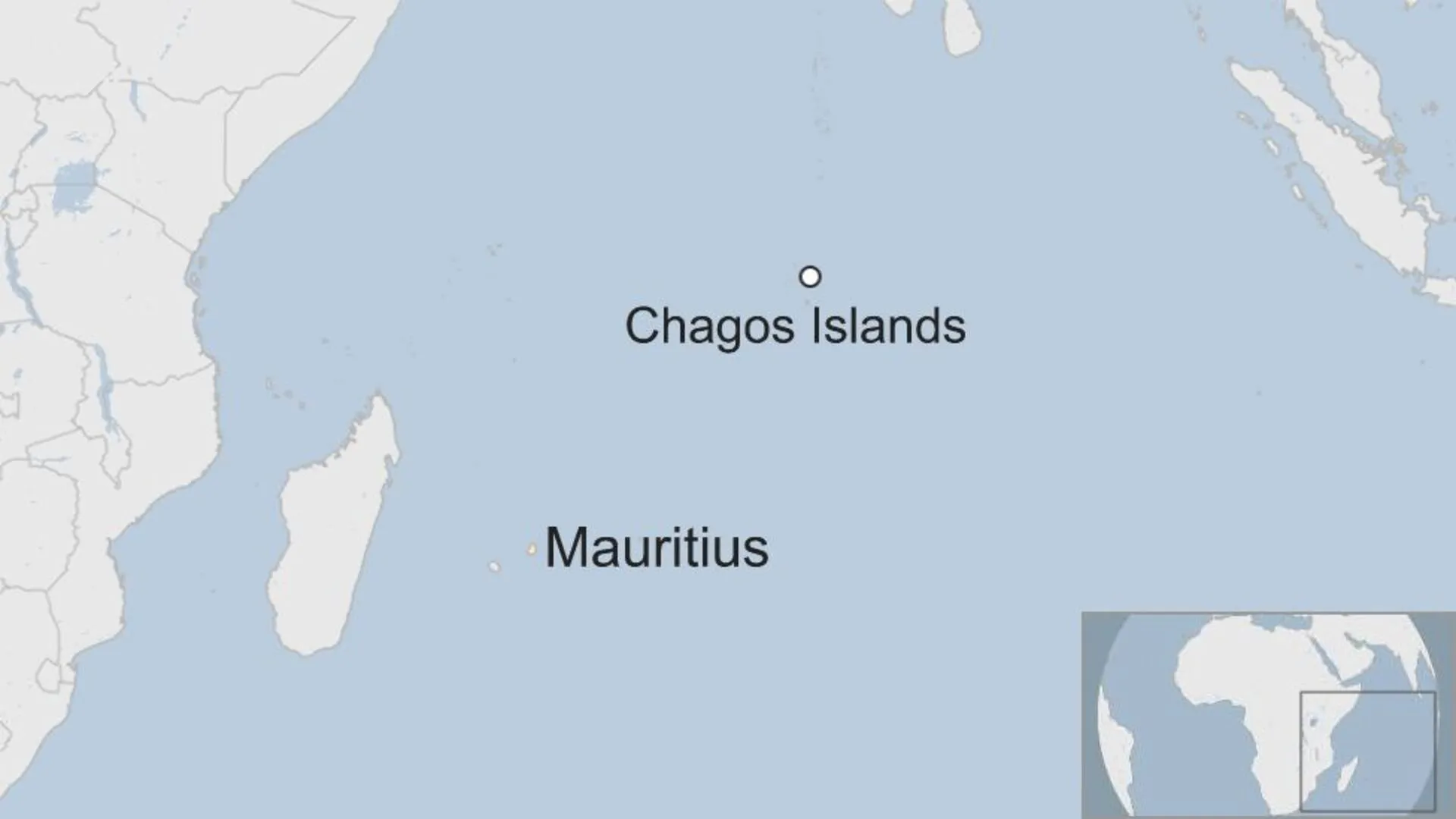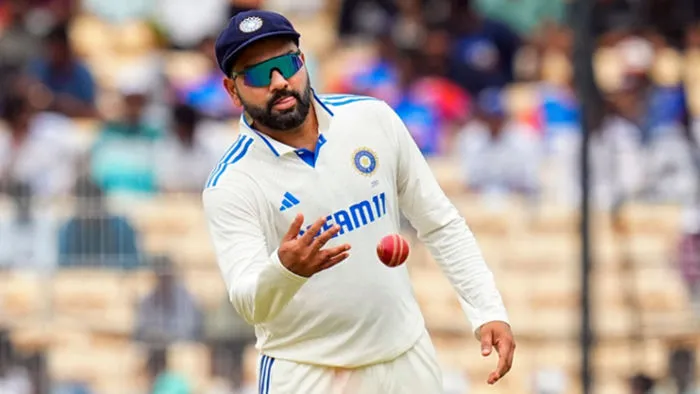“You were the Agriculture Minister of the country for 10 years, but the country is witnessing farmers’ agitation today, will you lead the opposition by uniting them?”, “has the difference of opinion between you and Sonia Gandhi been settled?”, “did Uddhav Thackeray agree to be the chief minister on your suggestion?”, “will you hand over the reins of NCP to Ajit Pawar?”, what is the future of Congress?” While fielding such straight and direct questions put forth by the chairman of editorial board of Lokmat Media and former member of Rajya Sabha Vijay Darda, the NCP supremo and MP Sharad Pawar gave straightforward replies on a wide range of issues. Pawar said Pratibha Patil had the potential to become the chief minister but the Congress decided otherwise and that Narendra Modi does not talk to the Opposition and what he says is not entirely true. Obama should not have talked about Rahul Gandhi, for it is our country’s internal matter after all, Pawar noted and made it clear that he sees God in people.
Here is the full text of the free and frank interview with him.
Q: You should lead the country and that was your ambition too… There were two ideas behind asking this. One is that the secularism of the country should remain intact and the other is that Maharashtra should get this honour.
A: I have a different view on this. A person who enters politics or social field has some ideas. If there is a big gap between imagination and reality, one should not live in the shadow of that imagination. For example, in my case, it is spoken and written that I should go up to the national level, something should happen, etc. But on the other hand, it is not wise to dream of leading the country when you have just eight or 10 members in the Parliament. We must put forth the fact here. We have to admit that we don’t have the required numbers. If you do politics overlooking the truth and reality, you get frustrated. And I will never go in the direction where there is despair.
Q: Everyone agrees that there should be a strong Opposition in the current situation. Since the Congress or for that matter, its allies are not playing the role they should, the BJP is finding itself in a different position altogether in the country.
A: This is the fact. However, I will not blame the Congress alone. Those who do not approve of the policies of the Bharatiya Janata Party and who feel that there should be an effective alternative in this country, they should take on the role of uniting like-minded parties. And while doing so, the big parties should be ready for a little compromise. Now what is a compromise? Let’s take the example of West Bengal. West Bengal has a government led by Mamata Banerjee. Mamata Banerjee’s entire struggle is against the BJP. Under the circumstances, Congress or the Left parties which want to keep the BJP at bay should not take an extreme stand against Mamata. We need to think whether there is a way out of this by sitting face to face. This is happening in many states. The BJP is benefitting from this situation. As for me, I want to have a dialogue with the leaders of all the parties that are opposed to the BJP. We should try and see if anything positive comes out of this. But in the last four months, the process of convening meetings has stopped due to the outbreak of coronavirus pandemic. Now the Parliament session will begin and maybe it will bring some opportunity (to hold meetings). But making an effort in this direction is necessary for the country.
Q: There are three big leaders in the country today. One is Narendra Modi, the other is Sonia Gandhi and the third one is you. In this situation, do you feel that you should bring all the opposition parties together and lead them?
A: No. I agree 100 per cent with you that we should sit together. I totally agree with the general feeling that we should create an alternative political force. But while doing so, focus should not be on any one person as it will never help bring about unity. Therefore, the decision to come together will have to be taken collectively. It is then that we will decide who will lead it. It can be anyone… one who is acceptable to all.
Q: But that person should have the ability to bring everyone together, isn’t it?
A: The ability to bring all together is just one part. The second part is assigning the person we trust with the responsibility to lead. But this is not for that individual to decide. All others should take a decision collectively which only will produce some result.
Q: Don’t you think that you are also responsible for the plight of the Opposition today?
A: We are all responsible, there is no dispute about it. But I think that when the right time comes to deliberate, we will have to think about all these aspects. That time is not very far. The Winter Session of Parliament is round the corner. At that time, everyone will get a chance to come together, to sit together.
Q: Do you think that in view of the current situation in the country, you can undermine and challenge Narendra Modi’s leadership?
A: Hatred for a person or opposition to a person for the sake of opposition will not work. When we talk of providing alternative, we should come out with alternative programme too. What we want to do, how we want to do, and through that we must try to win the trust of the majority of people. When we sit together, coming out with alternative only will not do.
Therefore, when we sit together, we are going to discuss everything like what our programme will be, who is going to lead, which path we are going to take.
Q: You always say I am retiring from politics. I will not contest elections now.
A: It is true.
Q: But Pawar Saheb, your mindset does not allow you to rest. So, you are a unique personality always moving among people, connected to national issues and always aware. When I ask myself who should I compare you with, I cannot see any competitor who can match you. If we want to say it in Hindi ‘Hame aap par naaz hai.’ There are many who may have political differences with you but in private they love you and you love them. My question is, what happened to your national ambition? Are you talking less on national issues? Your party’s stand on the farmers’ issue was also different. In such a difficult time, it seems that you have left these issues to youngsters to handle. What inference should we draw?
A: There are two things. Now that you have spoken of age, considering that, I myself feel that it is my responsibility now to mould the young generation. And when we talk about creating the new generation, we must give freedom to them. We should not interfere in everything. We may not like all that they do but that can be conveyed in private. I have adopted the policy that their image in public life remains intact. That is why I express my opinion in the Parliament or other meetings called for holding discussions. It is not that I do not talk. However, it is rarely that I take initiative and do it myself. Now, you have raised the issue of farmers. This issue has been discussed in the whole country, and it seems outside the country also. It is true that there is restlessness about the farmers in the country.
For that, there is a need for the people in power to establish a proper dialogue with the representatives of restless sections. This dialogue is not taking place and that is why an extreme situation has arisen. Some concerns of the farmers are genuine. Some other issues are needed to be explained properly to them. ‘The politicians should look seriously into the issues of the farmers, is only what I want to say.’
Q: Can we say now that differences between you and Congress president Sonia Gandhi have been resolved?
A: For the last 10-15 years, we have been working together. When the government was formed at the Centre in 2004, I was sitting on the Opposition benches. Sonia Gandhi herself came to me and held detailed discussions with me. After that Dr Manmohan Singh and Pranabda interacted. Finally, we decided to work together. From 2004 to 2014, may it be Congress or NCP, we were all working together. We ran the government together. All the programmes were discussed after consulting each other. We went ahead only after arriving at unanimity on them. Today, our ideology is same on all programmes. Suppose there are 10 subjects and there is unanimity on eight. Two subjects can be kept aside because today there is a need to come together. This is our stand.
Q: So, is there something in the arrangement to ensure that Sharad Pawar does not become the Prime Minister?
A: No. We cannot ignore the fact that how many people are going to sit in the Parliament with Sharad Pawar.
Q: You and Congress are ‘united’. Looking at the kind of personality you have, don’t you think that your group could have been stronger?
A: I think it is not possible to work taking such an approach. In democracy, number is important.
Q: So, do you want to say that if the numbers are in your side, the individual becomes insignificant?
A: No. Both individual and numbers are important. The individual with numbers cannot be insignificant.
Q: Numbers can be achieved due to different reasons. Today, the Bharatiya Janata Party has the numbers. Don’t you feel that you should accept these numbers and work further?
A: How can we work with BJP? Our ideology is completely different.
Q: But people have accepted the BJP, haven’t they?
A: People had even defeated the Congress in 1977. The Janata Party government had been voted to power. People had accepted the Janata Party too. We had said that the experiment would not last long. You were also witness that government lasted only two years. We do not oppose people casting their votes in favour of Modi. We accept this fact. But the Opposition has the right to think how useful their promises and policies are for the long-term interests of the country.
Q: We always claim that this is Phule, Shahu, Ambedkar’s Maharashtra. But in the last 60 years, we did not give even a single woman chief minister to the state. What do you say about this?
A: You need requisite strength for that. And the party having numbers should choose such a person with majority. I don’t see a picture like that today. Pratibhatai Patil had the ability to lead the state as I perceive in my last 50 years of political career. But at that time, the Congress took a different stand. The same Congress party acknowledged her capability by having her elected as the President of the country later. She may not have got the opportunity here but she got it for sure at some other place and position. There are many states where women have become the chief ministers.
Q: But Maharashtra’s psyche is different…!
A: After all, it’s a numbers game; how to put the numbers together..?
Q: Yes, but when you had the numbers, even then…?
A: The situations during those times were different. Only the Congress was in such a position during those days. The Congress government gave Pratibhatai a chance, first in the government and then in the party. And finally gave her the opportunity to occupy the highest post of President of the country at the right time. Therefore, I will not say that she did not get a change in the state. After all, it was Maharashtra which gave the country its first woman President.
Q: It is said that the reins of the organisation should be handed over to the new leadership. What do you say?
A: The NCP has a strong band of young leaders. Among them are many who I can say are acceptable to people… Ajit Pawar, Jayantrao Patil, Dhananjay Munde and many more, I can give you a list… of leaders who are eligible to lead. They have good administrative ability and are ready to work hard.
Q: So, can they be the candidates in contention in future? To lead the NCP?
A: No, we don’t even think about any such candidature. For, the party is not faced with any such situation. And the NCP does not even have a majority anywhere. So why talk about it now. Today we are running a coalition government of three parties. We have taken a conscious decision and we all stand by it.
Q: Yogi Adityanath is in Mumbai. He says he will take Bollywood to Uttar Pradesh. On one hand, migrants from Bihar and Uttar Pradesh are coming to Maharashtra in hordes and on the other, the leaders from these states are speaking of taking Bollywood to Uttar Pradesh. What kind of politics is this?
A: Maharashtra and Mumbai have always thought of the country. Our people have investments in many parts of the country. We think of the country. Earlier too, the chief ministers of other states had come here seeking investments in their states. But if anyone thinks that this will weaken Mumbai and Maharashtra, I do not believe it.
Q: At present, the steering wheel of state politics is in your hands. In this scenario, what is your opinion about Raj Thackeray?
A: The steering wheel is not in my hands. It is in the hands of Uddhav Thackeray. Raj Thackeray has his own independent party. He expresses his opinion independently. There is a large section of the youths who support him. He may not have got the success he expected in the elections but that does not mean that the craze about him among the youths is on the wane.
Q: You joined politics at the age of 18 with the Congress flag in hand. You even campaigned against your own brother. The Congress ideology was instilled in your mind then and is still intact. Then how did you disassociate yourself from the Congress?
A: Our ideology was very close to the Congress and that of Gandhi and Nehru. Perhaps, it was not different from their ideology. Differences arose over the style of running the party. However, it is not an issue today. We are together and many times sit together. See in Maharashtra, we took initiative for working together and the government is working well here. I insist on copying this formula in other states. The Congress showed great maturity in this matter. If it shows the same maturity in other states like in West Bengal, this experiment can be executed there also. Congress is a greater party, its contribution and sacrifice are greater. Greater parties have to show the greatness of heart. However, in this process the importance of Congress cannot be ignored.
How is Narendra Modi working as the Prime Minister?
Don’t know. Communication is important in politics. I think this government is failing to communicate with the Opposition. On the 4th, Prime Minister Modi held a discussion with the Opposition regarding Covid-19. Leaving aside the issue of Covid-19, the PM has not interacted with the Opposition in the last four or five years.
Q: Prime Minister Narendra Modi says that he followed in your footsteps in politics. He takes your guidance. But there is always a conflict between your party and the BJP. Why is it so?
A: What the Prime Minister Narendra Modi says is not entirely true. During the ten years when I was the agriculture minister of India, my view was that the person who would have the responsibility of the agriculture ministry would not be able to solve the problem of increasing the production of agricultural commodities by sitting in Delhi. He should go out into different states. State governments must be trusted. And we should cooperate in implementing the policy for agriculture and farmer. When I was holding the post, there were ten or twelve governments in different states with different ideologies including Modi’s Gujarat government. So, when it came to the farmers in Gujarat, I had a role to play in helping them wholeheartedly. This is because it is the responsibility of the agriculture minister to look after the interests of agriculture and farmers in that state. For the same purpose, I visited many districts in Gujarat with Narendra Modi. Tried to resolve their problems. So, people began discussing my connection with him. However, he did not change his political ideology. He helped us in the work related to agriculture. But when the election came, he made a very aggressive speech asking voters to defeat us. There was nothing wrong with that. It was their party’s role or their policy.
Q: What is the future of the Congress party in the country? Which direction is the party heading into? Is Rahul Gandhi an obstacle in this?
A: The kind of recognition the leadership has in any political party is very important. One thing must be admitted that I had differences with Sonia Gandhi or that family. There is still faith among the workers and leaders about the Gandhi-Nehru family. Whether it is Sonia Gandhi or Rahul Gandhi, both of them represent their family, so the majority of people are of their opinion. And we have to accept this fact. It is the number two party in the country.
Q: Is the country ready to accept Rahul Gandhi’s leadership today?
A: There are some questions related to him. There seems to be less amount of consistency.
Q: I was asking about giving a strong alternative to the kind of leadership that Narendra Modi ji is currently giving.
A: Your question is correct. But which is the party that can give such an option? It is Congress. Now, which is the leader acceptable to the maximum number of people in Congress?
Q: They have not yet elected president?
A: It will happen. They will do so.
Q: When does your party have an election?
A: Elections are held every three to five years. It was supposed to happen this year but had to be postponed due to corona. There will also be election in the Congress. And when it takes place, there will be no different outcome.
Q: But Rahul Gandhi is saying he doesn’t want to be president?
A: Now after the election, you will know what happens.
Q: You are imposing the president’s post on him?
A: We don’t impose anything, their party may be imposing.
Q: You are the advisor of that party…!
A: I will not speak on their internal matter. That is their question.
Q: Many people are saying that now Pawar should lead the Congress?
A: It makes no sense. They have the right to make their own internal decisions in the Congress party. Tomorrow, someone will say that the decision in the NCP should be taken by the leadership of another party, our party may be small, but it will not accept it. It is the same for them.
Q: NCP is not a small party now?
A: It is smaller as compared at the national level.
Q: God was with you in all your journeys..!
A: People were with me.
Q: Don’t believe in God?
A: I consider people as God.
Q: You have successfully implemented the Maha Vikas Aghadi (MVA) experiment in Maharashtra. People say it will work as long as you wish it to. What does this mean?
A: The stand of Shiv Sena in the state is accommodative. At the same time, the state leaders of the Congress are also acting sensibly. These factors are making our journey easier. Sharad Pawar’s wish does not affect the stability of the government and neither will we let it happen.
Q: You spoke about stability, my next question is related to it. Recently, there were reports that some officers tried to topple the MVA government. What was that matter and was such an attempt made in the past?
A: I also read such reports, but I did not go up to the root of the matter. I have full faith in the administration. It works according to the policies of the present government and works according to the policies of the other government whenever there is a change of guard in the democracy. The bureaucracy in Maharashtra works in accordance with the policies of its government. Therefore, there has been no such example in the past. One or the other individual might have worked in that direction, but it does not change the picture of Maharashtra.
Q: Did you suggest Uddhav Thackeray to be the chief minister so that this government can run?
A: It is not so. The number game was important for forming and running the government. Shiv Sena has the maximum number of MLAs, it is a fact and one must accept it. The second largest party was NCP and the third was Congress. We all accepted these facts and accordingly posts were distributed. We had decided to work together and are doing so. Our stand was that Uddhav Thackeray should lead his party.
Q: Is it true that Uddhav Thackeray was reluctant to become CM?
A: I guess he must be in a dilemma over accepting this post. We told him that Shiv Sena was the largest party, it was his moral responsibility and requested him to lead. We all insisted on it.
Q: Is it true that Congress was eying the CM’s post?
A: Congress gave consent to Uddhav Thackeray’s name. It meant the consent was from both Congress and NCP.
Q: Do you see Supriya Sule as the first woman chief minister of Maharashtra?
A: As far as I know, she is not interested in the state. She is interested in national politics. She is in the Parliament. She has received many awards for being the best parliamentarian. She has also won the Lokmat’s Best Member of Parliament award. After all, it is about one’s interest.
Q: The grapevine has it that some Congress and NCP MLAs are upset. They are about to leave their parties. Is it true?
A: I think this is table news, nothing more than that. Let me explain; it is true that some people’s representative gets angry sometimes when some issue from his or her constituency is not addressed. This happens in big parties as well as those which enjoy a majority. But no one thinks of leaving the party or doing something different. Absolutely not!
Q: The Union Government has brought three laws related to farmers. However, Maharashtra has already passed a Bill lessening the importance of Agriculture Produce Market Committees (APMC). The then Congress-Nationalist Congress Party (NCP) government has also passed a resolution regarding contract farming. In such a situation, why are you opposing the farm laws?
A: We are not blindly opposing the laws. There is a difference between APMC in Maharashtra and farming in other states. The APMC in our state is an institution accepted by the farmers. Here, we people ourselves held consultations and a suggestion was mooted that farmers should be given freedom in some aspects. The decision was taken in Maharashtra. This means that the APMC remains in place. The farmer has a right to visit it and sell his produce. There are still certain restrictions on the purchaser to ensure that the farmer gets dues against the produce sold. There has been no compromise regarding all these things. Only one thing has been changed, Maharashtra has given permission to the farmer to sell his produce outside the APMC also. This is not happening only today. If you see, oranges from Nagpur are sold in the nook and corners of the country. This has been happening in the past too. Onion from Nashik is also supplied in the entire country. So do bananas from Khandesh. We have always given this freedom to farmers. If somebody is taking a stand to preserve this freedom, I do not oppose it.
Q: Why do such agitations take place then?
A: There is some difference in our system and that of Hindustan. Here, the purchaser is bound to pay the price agreed at.
Q: In our state?
A: Yes. Suppose, wheat is being sold. If a trader says he will pay Rs 2100/quintal during the auction, he has to pay that rate. Also it is not acceptable if he pays after a month. The payment has to be made within 24 hours, 48 hours or according to the rule set by the APMC. The complaints of farmers from north India are related to these issues only. Auction was done. A, B, C said he would purchase. He did it and paid 25 per cent now and did not pay the rest of the amount for two months, they say. This does not happen in Maharashtra. In Maharashtra, they have to pay within 48 hours or at the maximum within four days. When I go to Delhi, many farmers from Maharashtra come and meet me saying they sold their onion or orange in north India and have not received payment.
Q: So, do we say that the ongoing agitation is appropriate?
A: Farmers are demanding that they must receive 100 per cent payment of their produce sold. This stipulation should be made. We have made this provision in Maharashtra but there is a lack of such compulsion in the laws of the Central government. Feelings of farmers from north India, particularly those from Punjab and Haryana, are very hard in this regard.
Q: You were the defence minister too. What India should have done in the face of Chinese aggression in Doklam, Galwan Valley? What do you think?
A: In our country, the perception of the majority of people is more against Pakistan as compared to other neighbouring countries. My stand right from the beginning has been that the leadership in Pakistan and the military there often adopt a strange policy towards India. There is no denying it. But when it comes to the threat perception to the country, my clear view is that it comes from China which we need to be more cautious about. China’s strong position, its economy, its air force, army and navy cannot be ignored. China has a peculiar leadership. They have a lot of patience. They will not speak and do nothing. But they will announce their decision only when it suits them the most. Therefore, the real threat is from China. The threat from Pakistan is there, no doubt, but the one from China is greater.
Q: Former US President Barack Obama has strongly criticised Rahul Gandhi.
A: He expressed his views. Not all opinions are acceptable. I can say anything about the leadership in my country. But I will not discuss the issues that concern other countries. That much decorum has to be maintained. I think Obama’s that particular comment is like crossing the limit.
Q: That means he is leaning towards Modi, can we say that?
A: No, I will not say that Obama is leaning towards Modi. But I will not talk about the leaders of other countries. There is news in today’s newspaper. Referring to the farmers’ agitation in Delhi, the prime minister of Canada spoke in support of the farmers and attempted to knock some sense into the Government of India. The Indian government responded immediately. That is right too. This concerns our country and there is no reason for anybody to interfere in it. Similarly, it would have been far better had Obama not commented on the internal issue of our leadership.
Can you narrate two-three instances during your long journey which remained forever in your mind?
I am very satisfied about some things. I worked as the union minister for agriculture for a decade. The day I took the oath as the agriculture minister, a file was brought before me in the evening. I was the minister of agriculture as well as civil supplies ministry. The country was facing an acute wheat shortage and the file was a proposal to import it. It touched my heart that the country having agriculture as its backbone was forced to import wheat. I did not sign the file. The next morning, I received a phone call from Prime Minister Manmohan Singh. Sharad Ji, have you checked the stock? There is a need for making import at the earliest, he said and asked me to clear the file. Reluctantly, I cleared the file. However, this instance got imprinted deeply on my mind and made me restless. I worked in such a way during the next 10 years that the entire picture of food-grains production in the country was changed drastically. India had become the second largest wheat exporter of the world when I quit my office. Moreover, India had emerged as the second largest sugar producing country and the number one in rice export as well as in milk and fruits production. The outcome of my 10 years of work gives me great satisfaction. Ups and downs are part of your career. I was the chief minister of Maharashtra but lost the state after the 1980 Assembly elections. Of course, it is voters’ right. Governments come and go. Once there were 54 MLAs with me and 48 of them deserted me just three months after they were elected. I became a leader of 6 MLAs in a Legislative House from the leader of 54 MLAs. One thing I learnt is that ups and downs are inevitable for all and one should not bother about them much.

